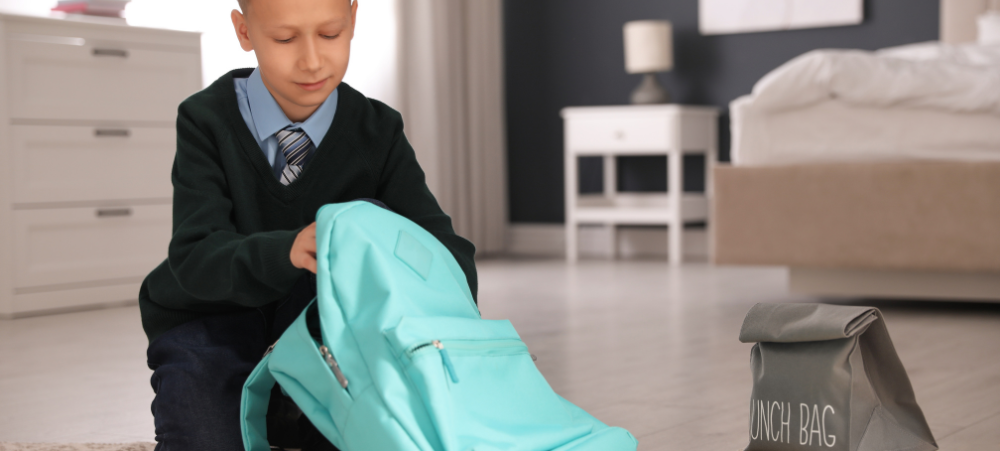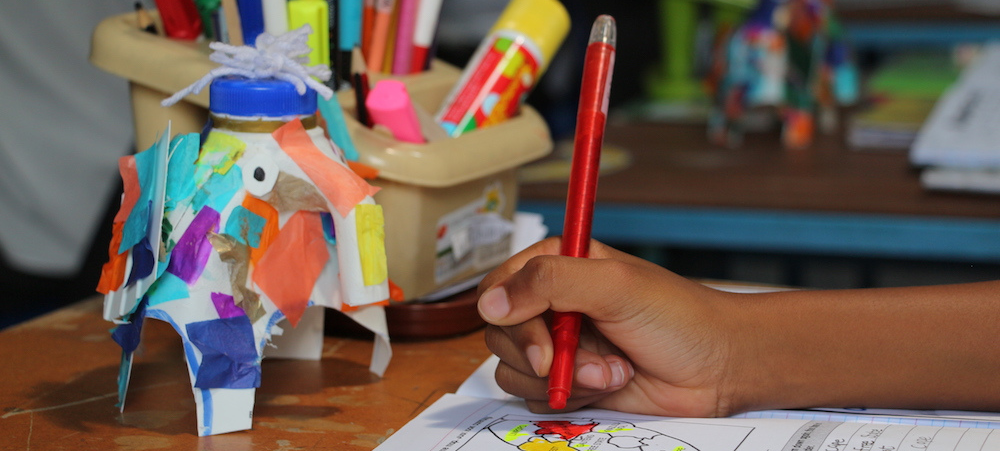
The Game of Chance and Logic: Why Board Games are the Perfect Introduction to Coding for Kids
Board games and puzzles are not only fun activities for children, but they also provide valuable learning opportunities that can help them develop various skills, such as problem-solving, critical thinking, creativity, perseverance, and teamwork. Snakes and Ladders is one of the most popular board games among children, and it can be an excellent way to teach them the basics of coding while also promoting these soft skills. In this blog, we will explore how playing Snakes and Ladders can be similar to coding the game piece, and we will highlight the key coding and soft skills that children can learn from playing this game. Playing Snakes and Ladders can be compared to coding since both require following a set of rules that govern how the game is played. In the same way, coders write code to direct a computer to perform specific tasks, and players of Snakes and Ladders follow the game’s rules to move their game piece. Additionally, the game has a goal, which is to be the first to reach the top of the board. Likewise, coders write code to achieve specific objectives such as developing a website or creating a game. Another similarity between playing Snakes and Ladders and coding is that both require breaking down a problem into smaller parts. Snakes and Ladders players must determine the best way to move their game piece up the board while avoiding the snakes that can send them back down. Similarly, coders must break down a problem into smaller parts, such as creating functions to perform particular tasks or dividing a complex program into smaller modules. Playing Snakes and Ladders can teach children several key coding lessons These concepts include: Logic and Sequencing: Snakes and Ladders necessitate players to use logic and sequencing skills to determine the best moves to make. This is similar to coding, where coders must use logic and sequencing skills to create code that performs a specific task. Debugging: Snakes and Ladders also teach children about debugging. When a player lands on a snake, they must go back down the board. This can be frustrating, but it also teaches children about the importance of identifying and fixing errors in their code. Planning and Strategy: Snakes and Ladders requires players to plan and strategize their moves to reach the top of the board. Similarly, coders must plan and strategize their coding to achieve the desired results. In addition to these coding skills, playing Snakes and Ladders can also teach children important soft skills: Perseverance: The game can be frustrating at times, especially when a player lands on a snake and has to go back down the board. However, the game also teaches children the importance of perseverance and not giving up, as they keep striving to reach the top of the board. Creativity: Players can get creative in their strategies for moving up the board, such as taking a risk and climbing a ladder instead of playing it safe. Similarly, coding requires creativity to come up with new and innovative solutions to problems. In conclusion, Snakes and Ladders is a fantastic game that can help children learn coding skills while also promoting soft skills such as perseverance and creativity. It teaches them about following rules, breaking down problems, and using logic and sequencing. It also helps them understand the importance of debugging, planning, and strategy. So, the next time your child wants to play Snakes and Ladders, encourage them, because they could be developing valuable skills without even realizing it.



































